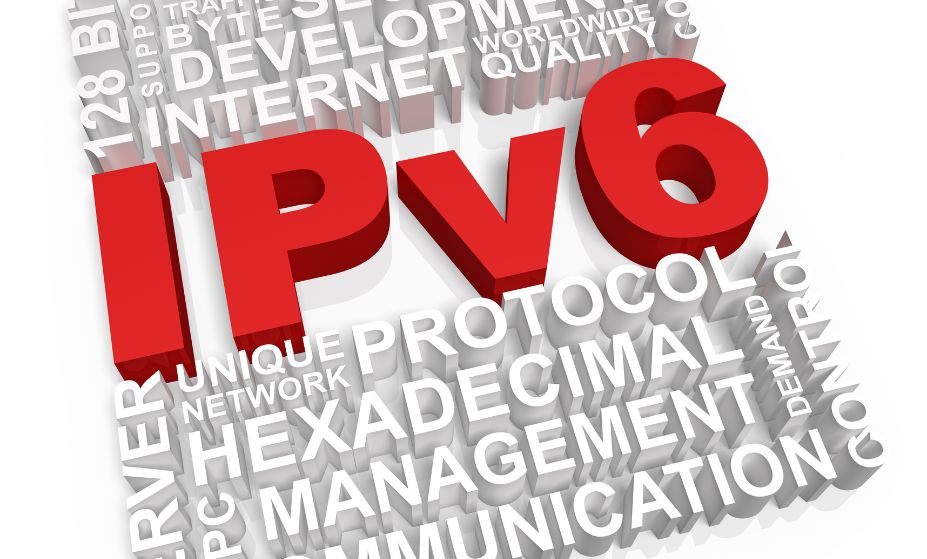Have you ever wondered why companies use static IP addresses for their servers? There are many reasons why, with the most common being that it is a more secure way to set up your server. So, if you have been wondering about this topic and want to learn more, then be sure to read on and discover all the ways static IP addresses can help you!
What is a Static IP Address?
A static IP address is a unique address that is assigned to a computer or other device on a network. This address is used to identify the device on the network and is used by other devices to communicate with it.
Static IP addresses are useful for servers because they provide a consistent way for other devices to connect to the server. This can be important for applications that require a constant connection, such as remote desktop access or gaming servers.
There are a few disadvantages to using static IP addresses, however. One is that they can be difficult to change if the need arises. Another is that they may not work with certain types of equipment or in certain locations.
Why use Static IP Addresses on Servers?
Static IP addresses are useful for servers because they allow for consistent, reliable communication. Servers often need to be accessible 24/7, and a static IP address ensures that your server will always have the same address and be reachable.
In addition, static IP addresses can be used to improve security. By assigning a static IP address to a server, you can ensure that only authorized devices can access the server. This can help prevent data breaches and other security threats.
What are the drawbacks of using a Static IP Address?
There are several drawbacks to using a static IP address for servers. The most significant drawback is the potential for security breaches. A static IP address can be used to target specific servers with attacks, and if the server is not properly secured, attackers can gain access to sensitive data. Additionally, static IP addresses can be difficult to change if the need arises, and they can also be more expensive than dynamic IP addresses.
Conclusion
We use static IP addresses for servers because they are more reliable and offer better security than dynamic IP addresses. Static IP addresses also make it easier to manage network traffic and troubleshoot networking problems. Although there are some drawbacks to using static IP addresses, the benefits outweigh the negatives, making static IPs the best choice for most server applications.



